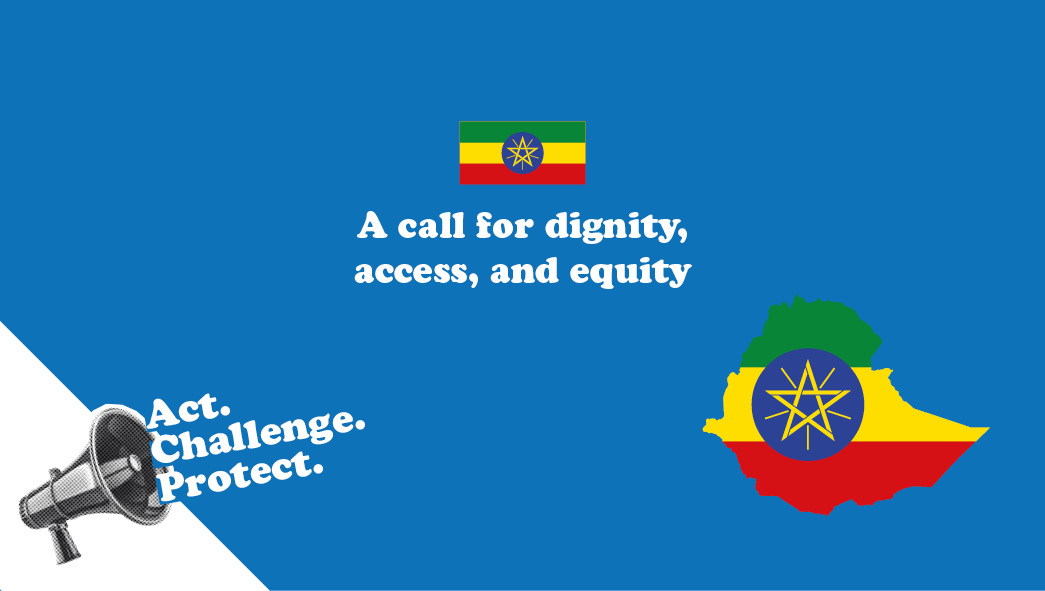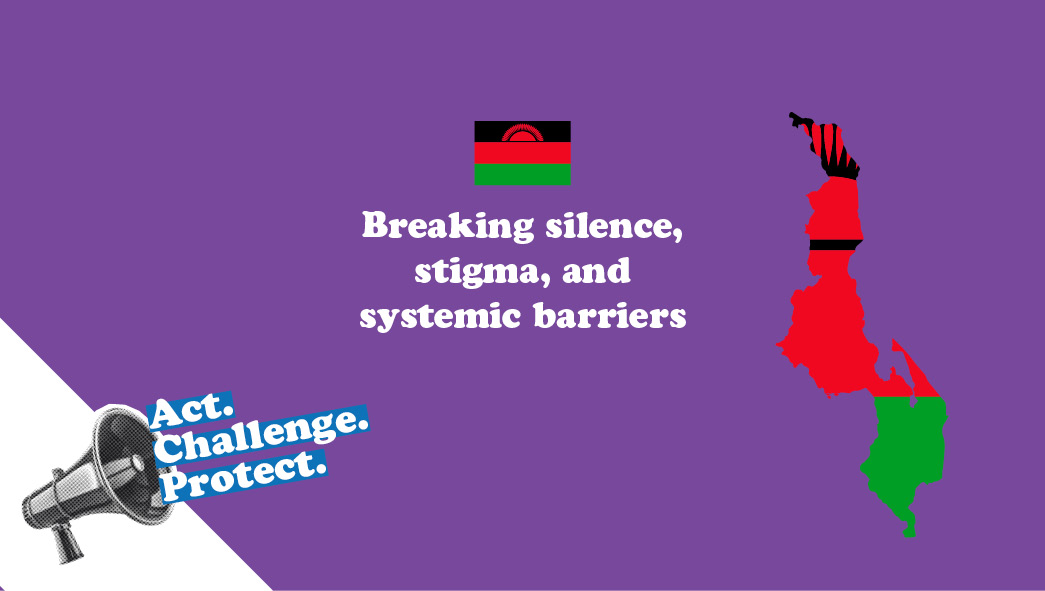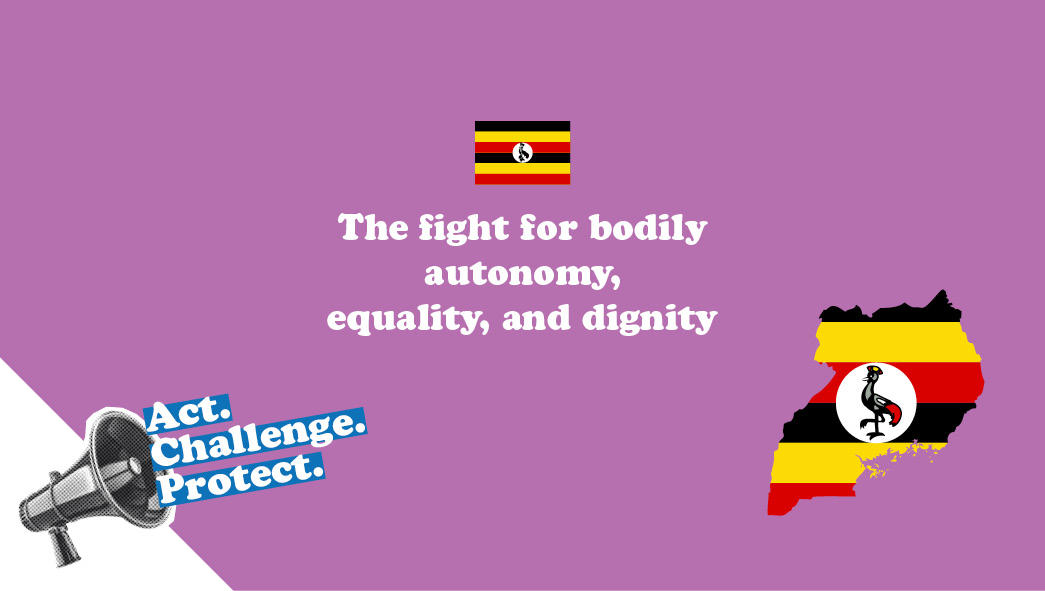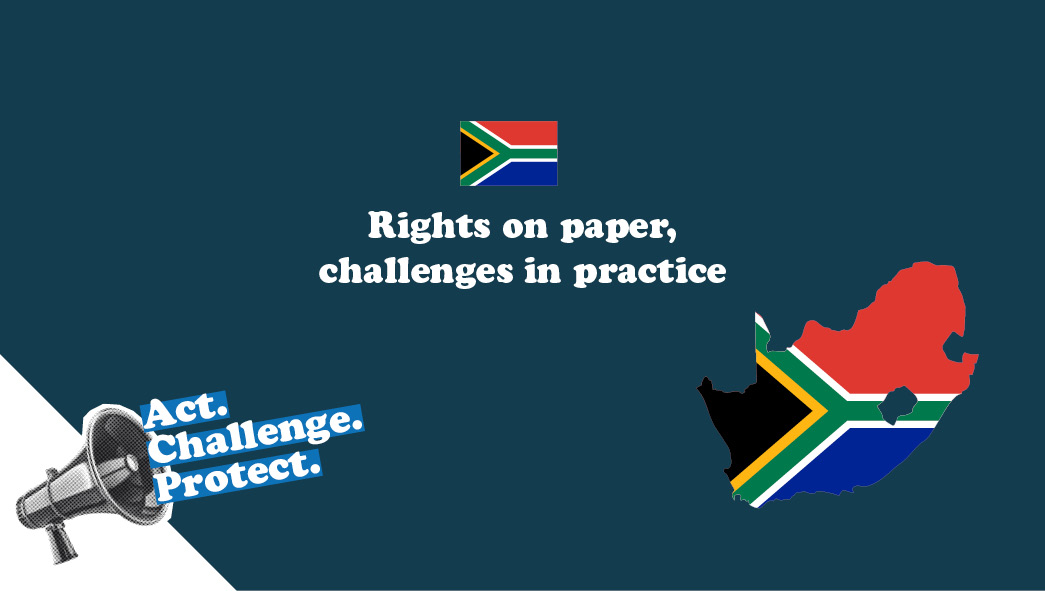SRHR in Ethiopia
A call for dignity, access, and equity
In Ethiopia, while progress has been made in sexual and reproductive health and rights (SRHR), significant gaps persist. Many individuals—especially rural youth, unmarried women, persons with disabilities, face barriers to accessing essential services and making informed decisions about their bodies.
“Over the past 20 years, Ethiopia has made significant strides in improving the sexual and reproductive health and rights (SRHR) of adolescents. Notable achievements include reductions in child marriage and female genital mutilation, decreased rates of adolescent pregnancies, and increased use of contraception and maternal health services. These advancements are attributed to enhanced national policies, better access to healthcare, and broader social and economic development.
However, progress has been uneven across different regions and communities. Some harmful practices persist, and certain groups of adolescents still face barriers to accessing SRHR services. To build on these gains, Ethiopia aims to:
- Strengthen political commitment and funding for adolescent SRHR programs.
- Ensure that laws and policies are effectively communicated and implemented.
- Base strategies on solid evidence and improve data collection on adolescent health.
- Actively involve young people in designing and evaluating programs that affect them.
By focusing on these areas, Ethiopia seeks to create a more equitable and supportive environment for all adolescents to make informed decisions about their sexual and reproductive health.” (Source)
The #ActForSRHR campaign urges Ethiopian communities, policymakers, and advocates to Act. Challenge. Protect. Because SRHR is for every BODY, and every right denied, endangers a life.
Top 5 SRHR challenges in Ethiopia
- Only 17.2% of married women in high-fertility regions of Ethiopia have autonomy over contraceptive use decisions. Factors influencing this include age, education level, age at first marriage, religion, and urban versus rural residence. (Source)
- Approximately 13% of adolescent girls aged 15–19 in Ethiopia have begun childbearing, with higher rates observed in rural areas compared to urban settings. (Source)
- Post-abortion contraceptive use in Ethiopia varies significantly, ranging from 45.8% to 91% across different regions. This difference highlights the need for standardised post-abortion care services nationwide. (Source)
- Stigma and misinformation hinder many young or unmarried individuals from accessing contraception. (Source)
- Persons with disabilities encounter biased service providers and inaccessible health systems. (Source)
Sexual Health
The right to safe, respectful, and pleasurable sexual experiences.
Despite declining HIV rates, misinformation and judgmental service environments deter many young people, especially girls, from seeking care.
What’s needed:
- Comprehensive sexuality education in both urban and rural schools.
- Youth-friendly clinics staffed with trained professionals.
- Nationwide campaigns to normalise HIV/STI testing.
(Source)
Reproductive Health
Access to contraception, maternal care, safe abortion, and fertility support.
While contraceptive access has improved, disparities remain. Rural, low-income, and adolescent women often face exclusion. Although safe abortion is legal under specific conditions, awareness is limited.
Did you know?
- Post-abortion care uptake ranges from 45.8% to 91% depending on the facility. (Source)
What’s needed:
- Consistent access to contraceptives across all regions.
- Implementation of Ethiopia’s safe abortion guidelines.
- Awareness campaigns about available SRHR services.
Sexual Rights
The right to express one’s sexuality and gender identity without fear.
LGBTQI+ individuals in Ethiopia face stigma, violence, and criminalisation. Same-sex relationships are illegal, and public health systems often lack safe and affirming services for LGBTQI+ people.
What’s needed:
- Legal reforms to decriminalise same-sex relationships.
- Community-led initiatives to challenge stigma.
- Protection for SRHR activists and vulnerable communities.
Reproductive Rights
The freedom to decide if, when, and how many children to have.
Women’s autonomy is frequently limited by family pressure, early marriage, and misinformation. While national laws support many rights, societal norms often hinder their realization.
What’s needed:
- Stronger protections against early and forced marriage.
- Community dialogues promoting reproductive choice.
- Outreach to women in low-literacy or remote areas.
Enabling Environment
Systems and structures that support SRHR for all.
Although laws exist, their implementation is inconsistent. Youth, rural populations, and persons with disabilities are often left behind in SRHR access.
What’s needed:
- Enhanced training for frontline healthcare workers.
- Disability-inclusive clinics and communication tools.
- Budget allocations for rural SRHR services and data collection.
Myths and misinformation in Ethiopia
Myth: “Only married people should access contraception”
Fact: False. Everyone has the right to plan if and when to have children.
Myth: “Persons living with disabilities shouldn’t have children”
Fact: Wrong. Disability does not affect parenting capacity.
Myth: “Abortion is illegal in all cases” Incorrect.
Fact: Ethiopia allows abortion in cases of rape, incest, or risk to health — but too few people know this.

Voices from Ethiopia
“There is such a stigma around periods to the point that even purchasing basic menstrual products can be quite difficult for young women.”
— Sara Eklund, founder of Noble Cup, Ethiopia’s first menstrual cup brand (Source)
“A grandmother, her daughter and her granddaughter were raped by the same Eritrean soldiers in a suburb of Shire, in central Tigray, in December 2020.”
— Meseret Hadush, activist documenting sexual violence in Tigray (Source)
“Three men came into the room where I was. It was evening and already dark… I did not scream; they gestured to me not to make any noise or they would kill me. They raped me one after the other… I was four months pregnant; I don’t know if they realized I was pregnant. I don’t know if they realized I was a person.”*Letay (Source)
How to take action in Ethiopia
✅ Use #ActForSRHR to share your story or raise awareness
✅ Call for full implementation of Ethiopia’s safe abortion guidelines
✅ Support youth-led and disability-inclusive SRHR initiatives
✅ Ask schools and health centres to provide comprehensive sexuality education
✅ Speak out against stigma and discrimination in your community




